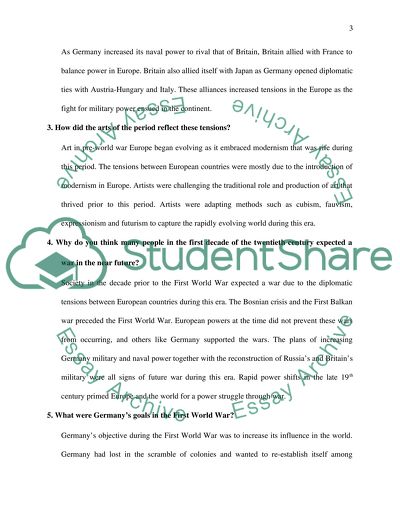Cite this document
(“What kind of material success and political progress the first decade Essay”, n.d.)
What kind of material success and political progress the first decade Essay. Retrieved from https://studentshare.org/history/1639417-essay
What kind of material success and political progress the first decade Essay. Retrieved from https://studentshare.org/history/1639417-essay
(What Kind of Material Success and Political Progress the First Decade Essay)
What Kind of Material Success and Political Progress the First Decade Essay. https://studentshare.org/history/1639417-essay.
What Kind of Material Success and Political Progress the First Decade Essay. https://studentshare.org/history/1639417-essay.
“What Kind of Material Success and Political Progress the First Decade Essay”, n.d. https://studentshare.org/history/1639417-essay.


